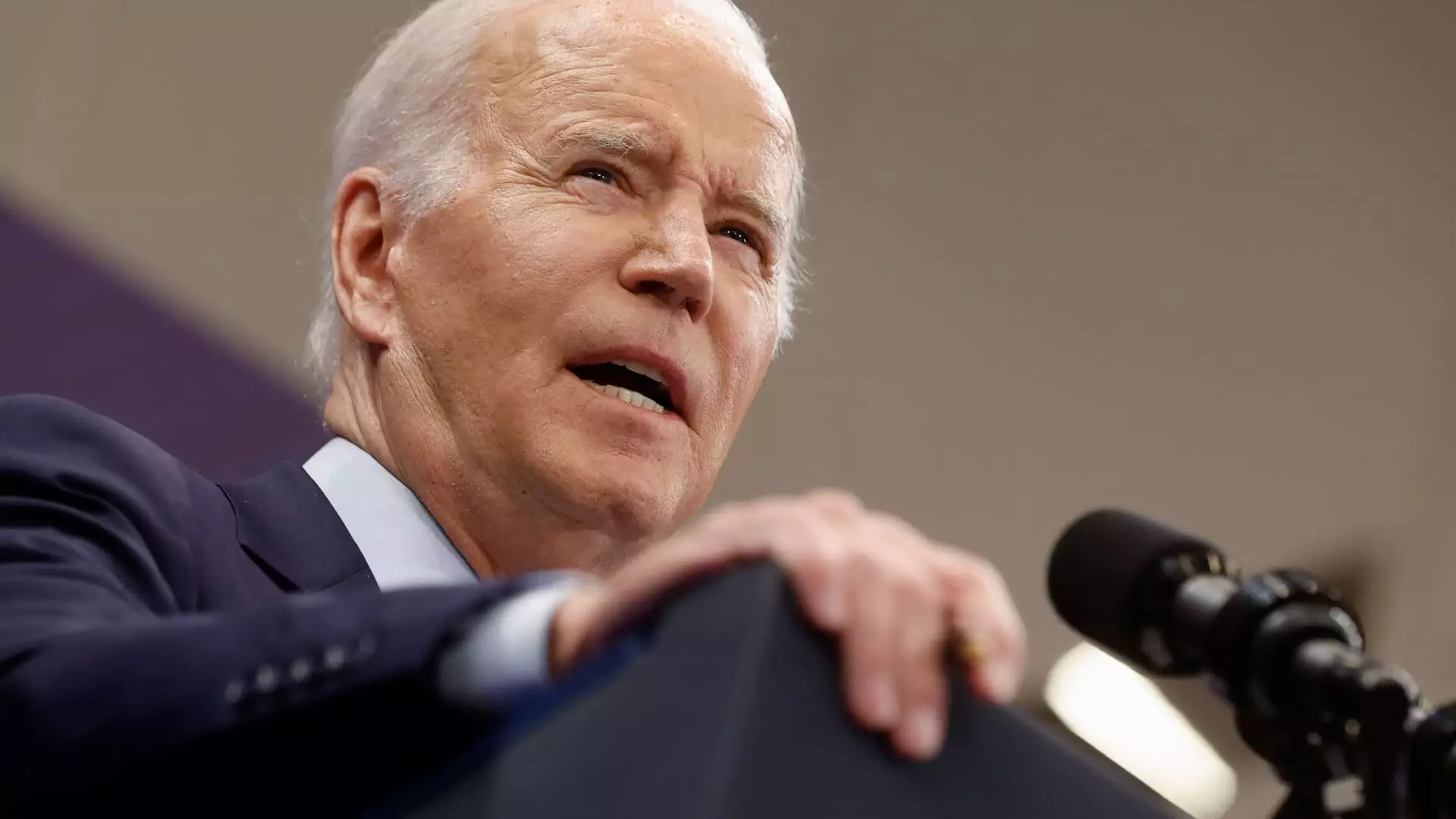The White House, under President Joe Biden, is taking a cautious and diplomatic approach in response to Iran’s attempted strike on Israel. National Security spokesperson John Kirby has indicated that the administration is adopting a “wait and see” attitude, allowing Israel to decide on the appropriate course of action. This decision reflects the administration’s commitment to preventing the situation from escalating into a full-scale regional conflict, opting for diplomacy over military intervention.
In the aftermath of Iran’s attack on Israel, the Biden administration has been actively working to de-escalate the situation and prevent further fallout. Through coordinated efforts with Israel, the U.S., and other partners in the region, the majority of the ballistic missiles launched by Iran were intercepted, resulting in minimal infrastructure damage to Israel. This successful defense has helped to avoid uncontrollable escalation and potential broader regional conflict in the Middle East.
President Biden recently convened a meeting with G-7 leaders to address the Iran attack and coordinate a united diplomatic response. During the meeting, discussions centered on implementing sanction measures and the possibility of designating Iran’s Islamic Revolutionary Guard Corps as a terrorist group. The leaders emphasized the importance of stabilizing the situation and preventing further escalation through diplomatic channels.
Following the attempted strike, Iran indicated that its attack can be considered concluded, suggesting a potential cooling of tensions. However, Iran also issued a warning that any future mistakes by Israel would result in a more severe response. Tehran had previously threatened retaliatory action in response to an attack on its consulate in Damascus, which it attributed to Israel. The delicate balance of power in the region underscores the need for continued diplomatic efforts to avoid further conflict.
Despite the administration’s focus on diplomacy, President Biden assured Israeli Prime Minister Benjamin Netanyahu that the U.S. remains committed to supporting Israel’s defense. The U.S. will not participate in offensive operations against Iran, but will continue to assist Israel in safeguarding its security. This nuanced approach underscores the complex dynamics at play in the Middle East and highlights the importance of strategic decision-making by all parties involved.
The Biden administration’s response to Iran’s attempted strike on Israel reflects a careful and calculated approach to addressing regional tensions. By prioritizing diplomacy and cooperation with international partners, the U.S. aims to prevent further escalation and maintain stability in the Middle East. The evolving situation underscores the need for continued dialogue and engagement to avert a broader conflict and protect the interests of all parties involved.


Leave a Reply